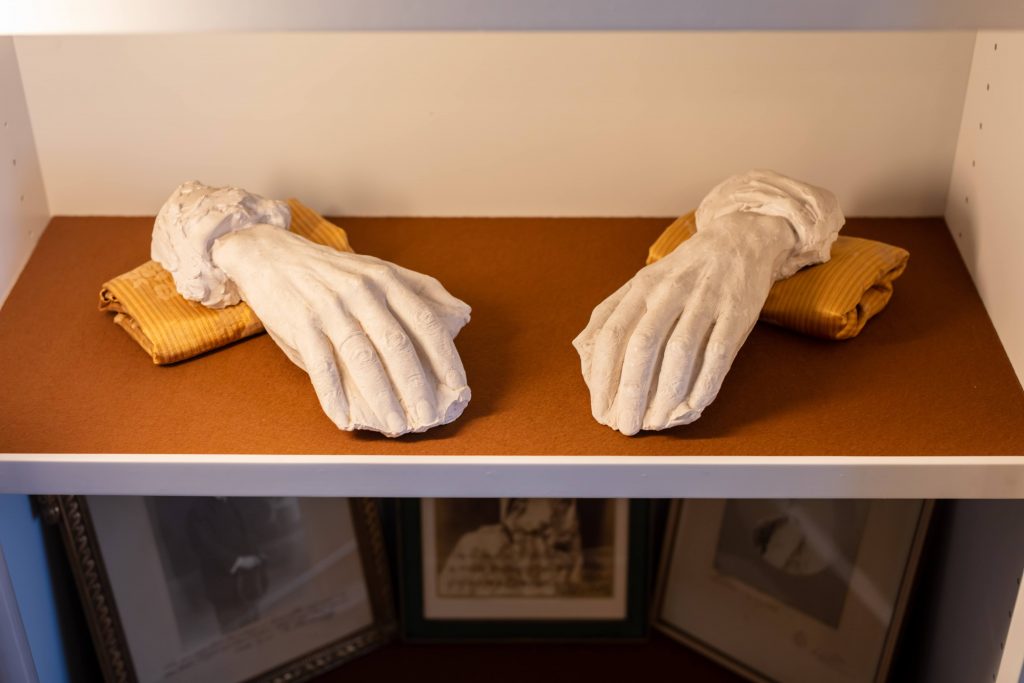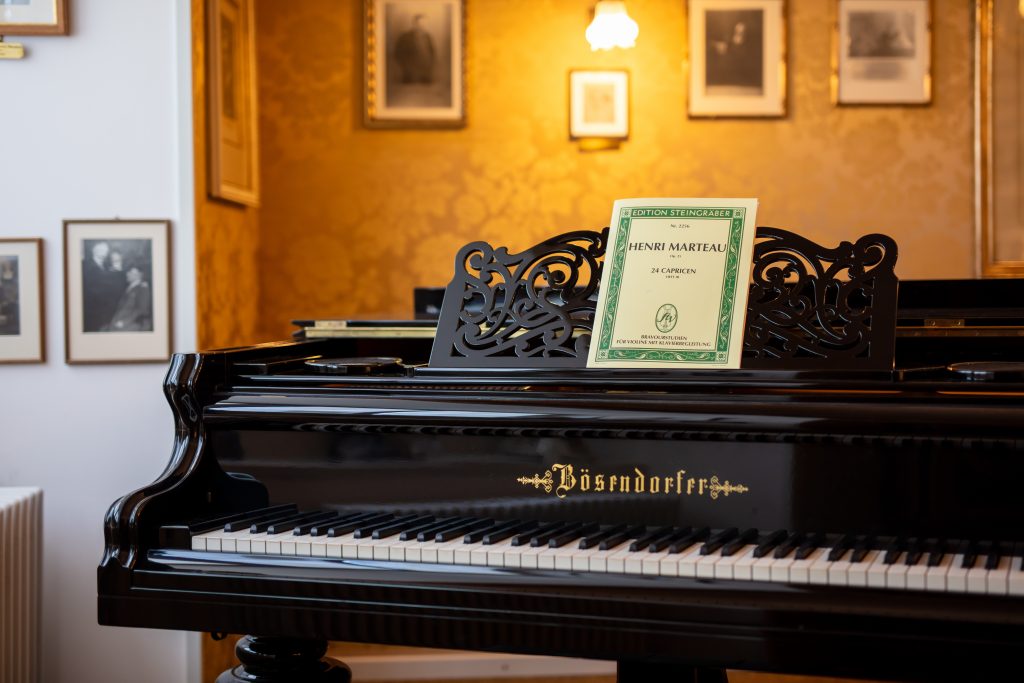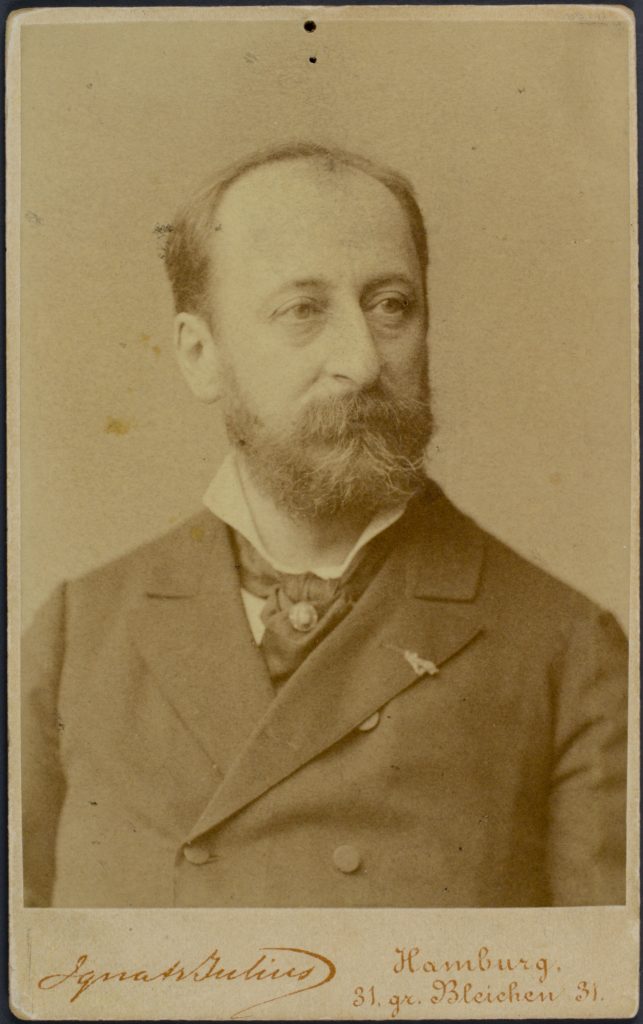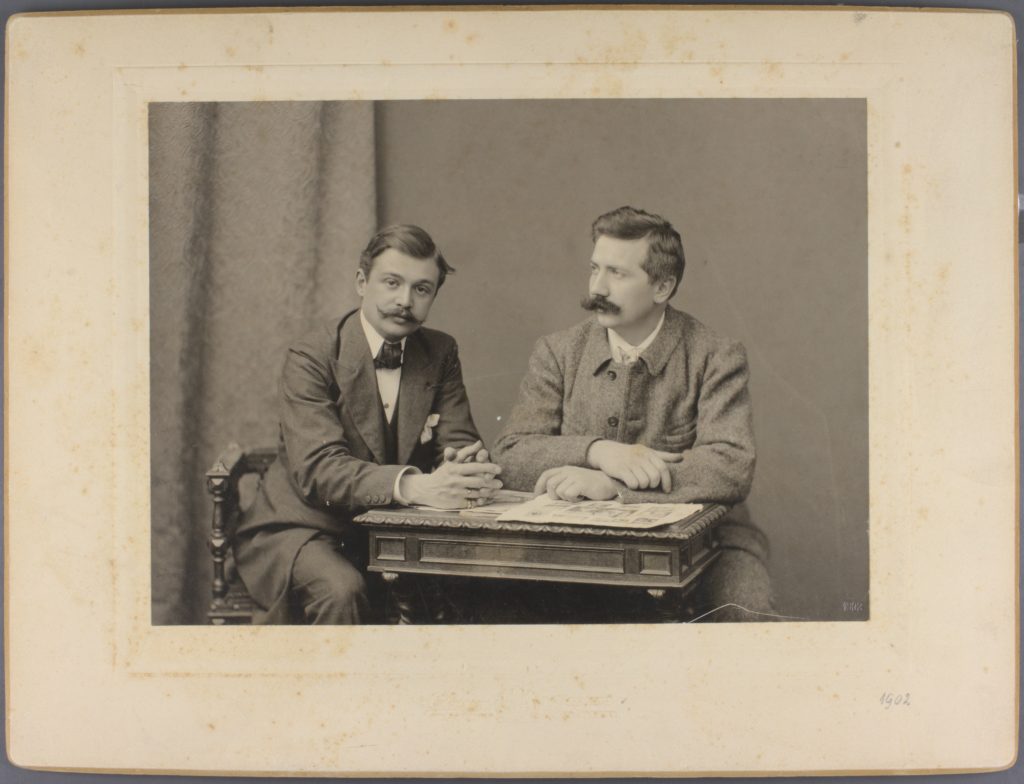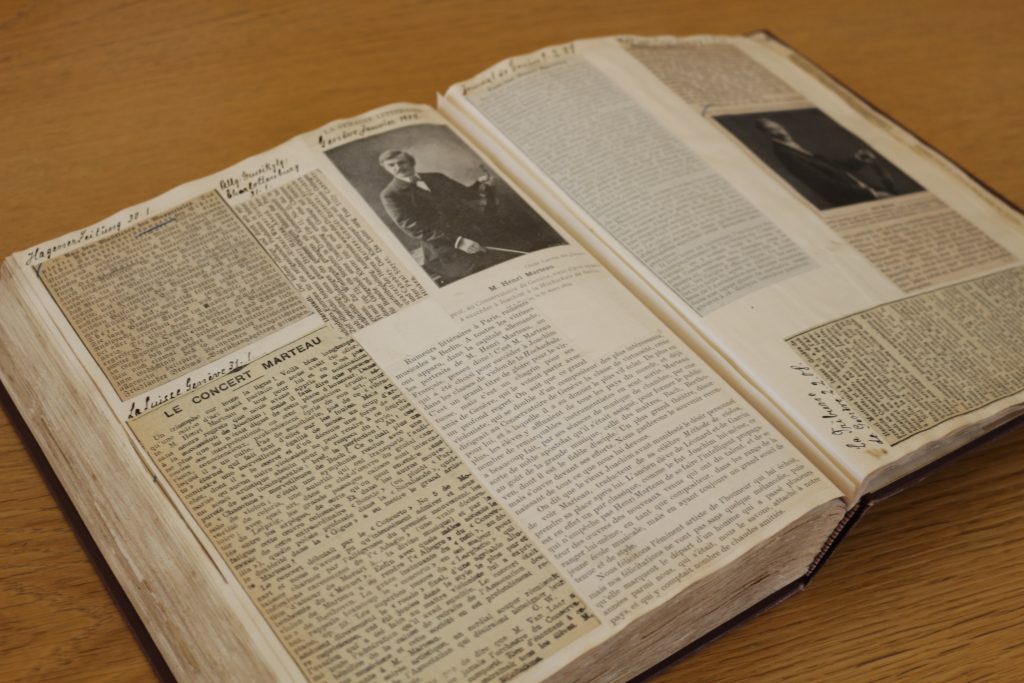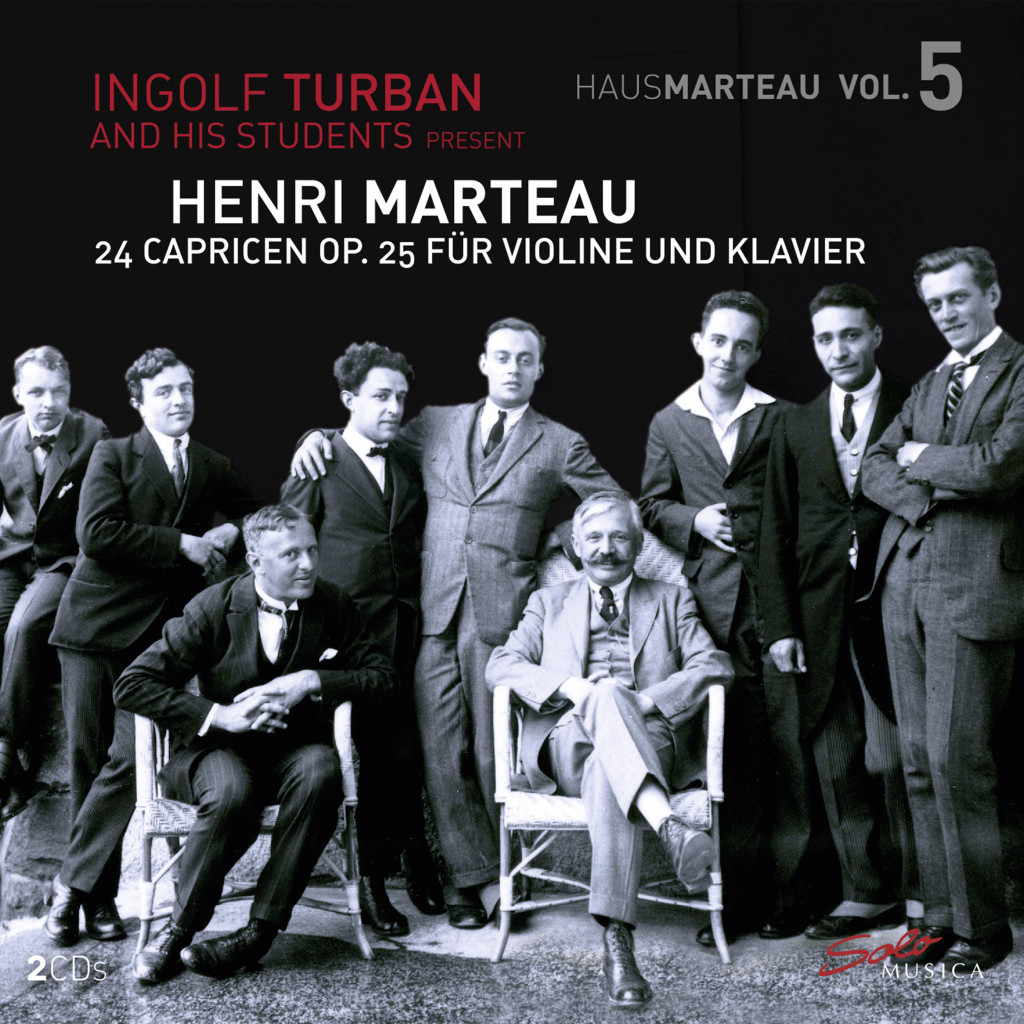Unfortunately, Henri Marteau’s compositional work was largely forgotten after his death in 1934. To change this was a concern of Prof. Dr. Günther Weiß (1933-2007), the first artistic director of Haus Marteau since the early days of the International Music Centre. Already at the opening of the house in 1982, a first record was recorded by Musica Bavarica, which included op. 13 by Henri Marteau (Clarinet Quintet in C minor) as well as op. 130 by Max Reger (Ballet Suite). The friendship of the two artists was also commemorated in subsequent vinyl records.
Since 2016, the district of Upper Franconia, in cooperation with Solo Musica, has been releasing works by Marteau in the CD series “Henri Marteau – Discovery of a Romantic.” The CDs were recorded by various artists, including lecturers from Haus Marteau.
Regarding op. 20 by Marteau, Giselher Schubert wrote in the Orchestra 05/2019:
“This is an enjoyable, buoyantly-impressively played composition that combines, as it were, ‘German’ compositional solidity with ‘French’ playfulness and elegance.”
Dirk Kruse (BR-Klassik, 30/10/2018) titled the Clarinet Quintet op. 13 “perhaps Marteau’s most beautiful composition” and “absolutely worth hearing.” On Henri Marteau, he judged overall: “This composer deserves to be heard and played.” This is exactly what the Bezirk Oberfranken would like to achieve: That Marteau’s works are heard and played again.


